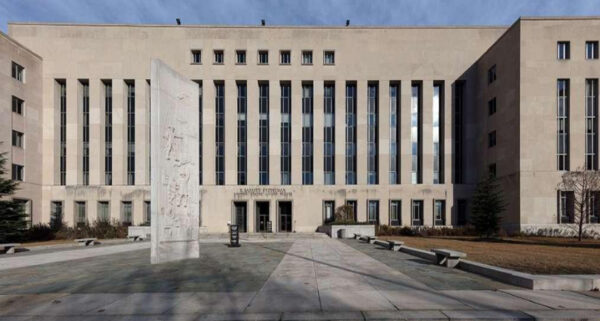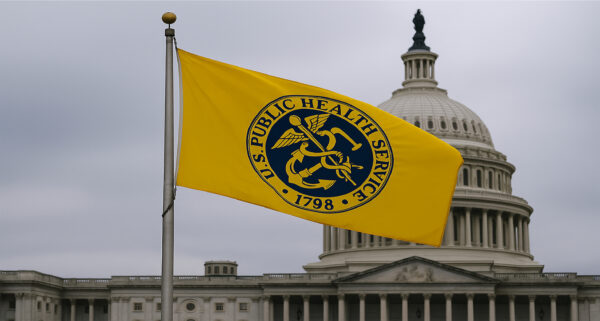
A federal lawsuit now before the U.S. District Court for the District of Columbia brings renewed attention to the obligation of military correction boards to correct injustices in the records of uniformed service members, particularly when clear evidence shows systemic failures in supervision, medical oversight, and administrative review. The case arises for a uniformed officer serving in the United States Public Health Service (PHS).
In this case, an accomplished commissioned officer seeks judicial review after a federal agency official overturned a formal PHS Board for Correction (BFC) finding that an injustice had occurred. The complaint challenges whether the agency’s leadership may disregard its own correction board’s fact-based conclusions without evidentiary support, and whether such actions violate long-standing administrative law principles.
A Record Showing Red Flags, But No Intervention
According to the court filings, the correction board determined that the officer’s service record reflected unmistakable warning signs of a serious medical condition tied to a line-of-duty injury and prescribed treatment. Despite repeated absences and performance concerns that should have triggered inquiry and assistance, the record showed no evidence that supervisors ever confronted the officer, investigated the underlying cause, or referred the matter for appropriate treatment.
The PHS BFC concluded that this failure constituted a clear injustice, particularly where governing regulations emphasize early identification, supervisory responsibility, and mandatory referral when substance-related or medical impairment is suspected. Those findings were grounded in the administrative record and supported by established precedent recognizing that silence and stigma often prevent individuals from self-reporting medical conditions.
Despite the PHS BFC’s determination, a senior agency official rejected the recommendation and denied relief without identifying evidence contradicting the Board’s findings. The complaint argues that this reversal was arbitrary and capricious, as it failed to grapple with the record evidence, ignored the board’s conclusions, and substituted unsupported assertions in place of reasoned analysis
Equally significant, the agency attempted to deny the officer’s application “with prejudice.” In response, the government has now effectively conceded in its court filings that such denials are not permitted under the governing statute—an admission that carries implications well beyond this individual case.
At its core, this litigation is about accountability. Federal correction boards exist to remedy injustice when the system fails. When their findings are overridden without evidence, service members lose faith in the very mechanisms designed to protect them.
This case underscores:
- The duty of supervisors to act when medical or behavioral red flags appear
- The legal limits on agency discretion when overturning correction-board decisions
- The continuing role of federal courts in safeguarding due process for those who served
For service members navigating complex medical and administrative challenges, the outcome of this case may shape how agencies nationwide honor their statutory responsibilities.
About the Firm
The Law Offices of David P. Sheldon, PLLC, is a nationally recognized military and federal employment law firm based in Washington, D.C. The firm represents service members, veterans, and federal employees worldwide in courts-martial, security clearance matters, military correction boards, disability and retirement cases, and complex federal litigation.
Disclaimer
This press release is provided for informational purposes only and does not constitute legal advice. No attorney-client relationship is formed by this publication. Past results do not guarantee future outcomes.








